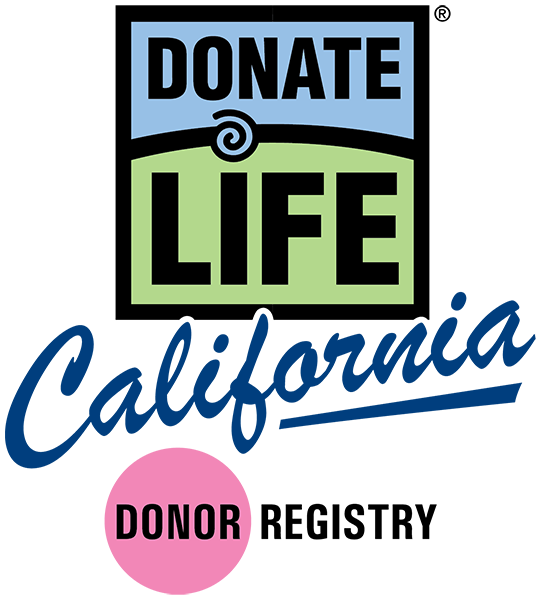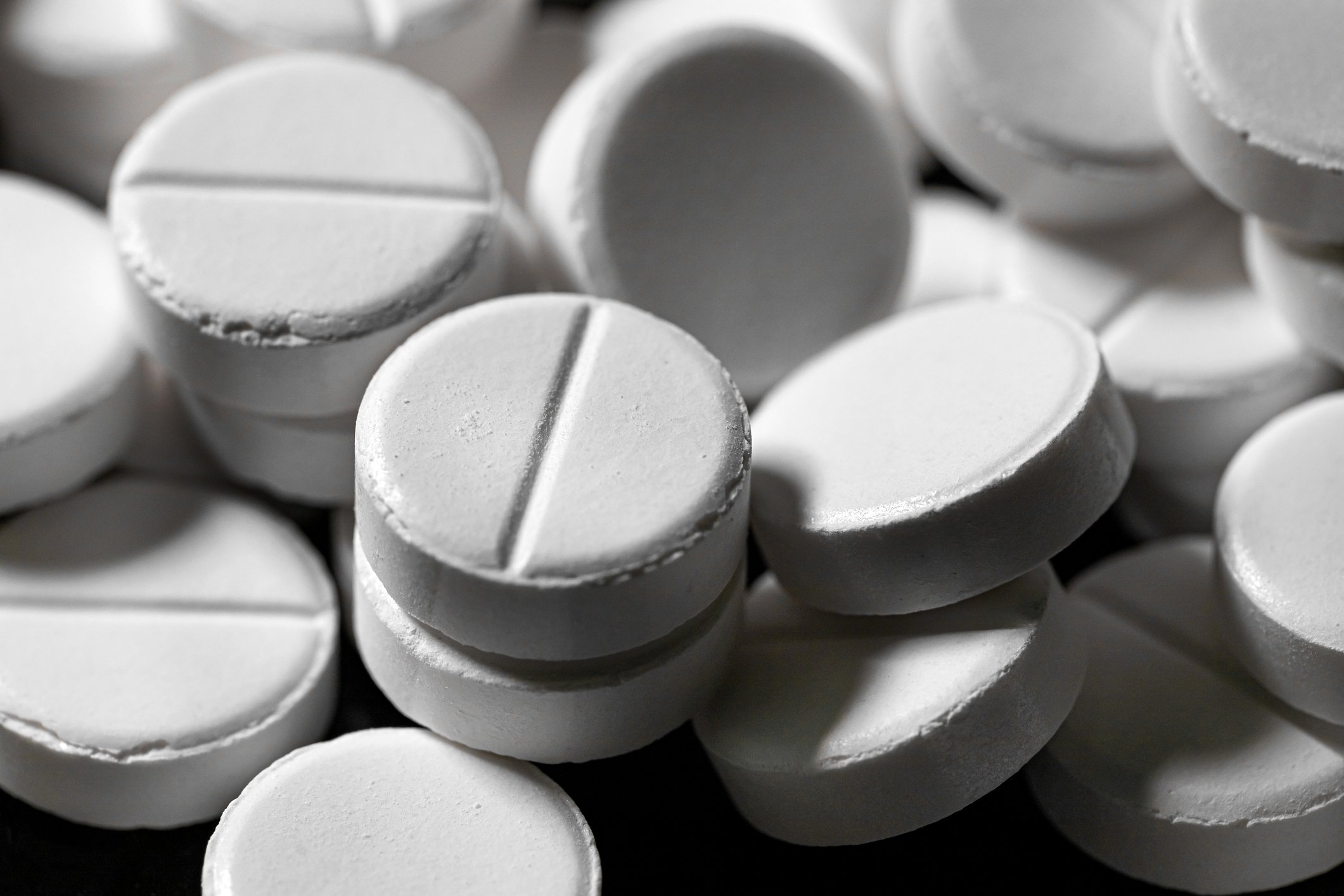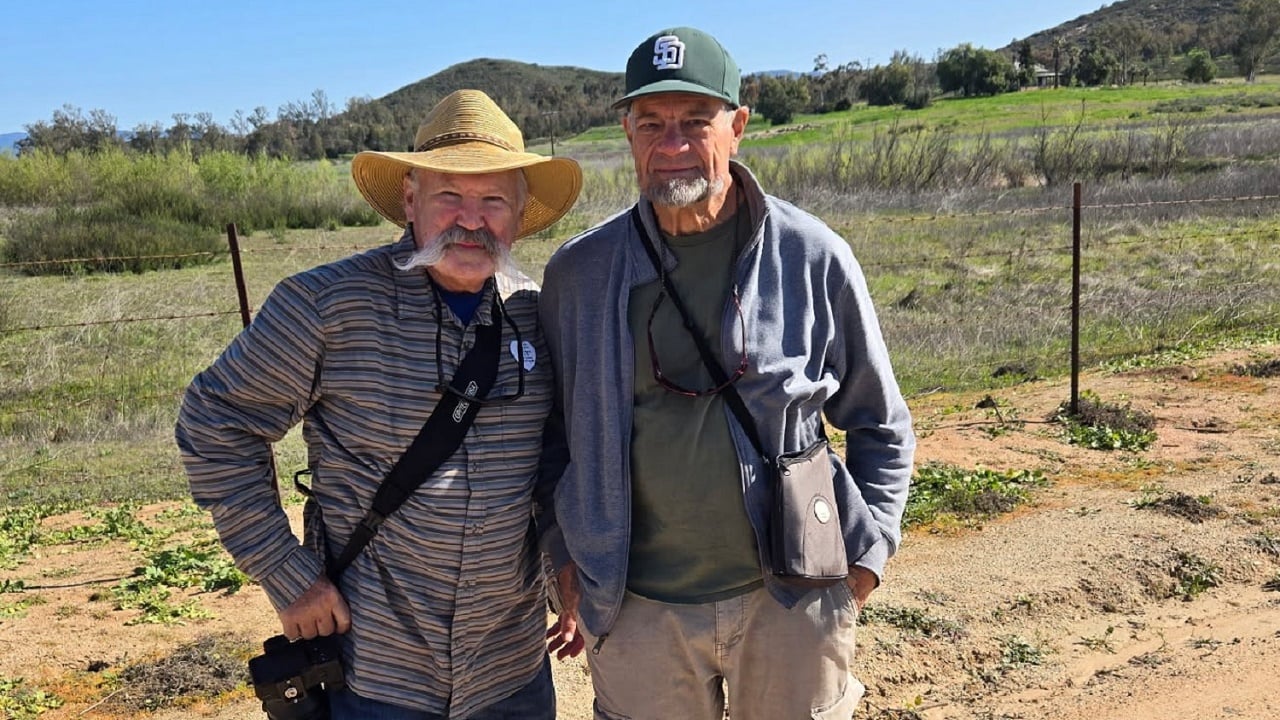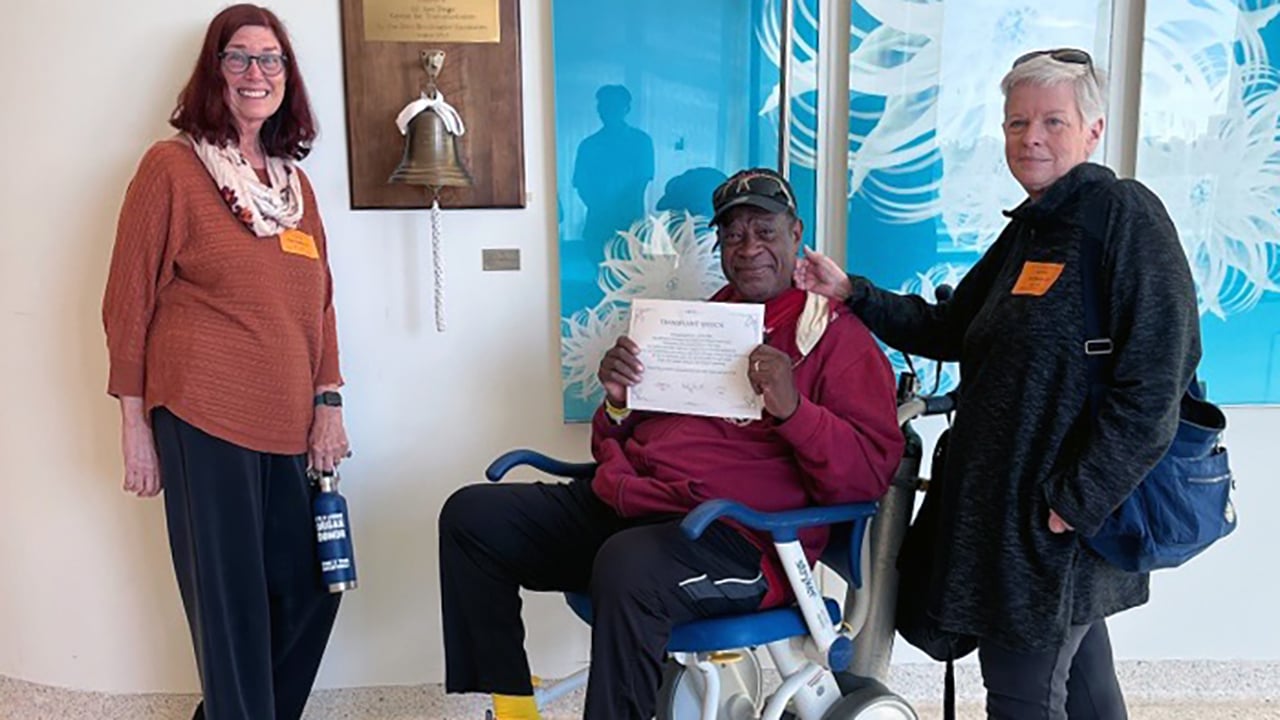Organ & Tissue Donation
Organ donation is one of the foremost advances in modern medicine.
Globally and nationally, there is a donor organ shortage. The demand for organ, eye and tissue donation exceeds the number of donors in the U.S.
Organ donation is the process of surgically taking healthy organs and tissues from one person for transplantation into another. The organs can come from either living donors or deceased donors.
Transplants are needed when a recipient’s organ has failed or is been damaged by injury or disease. Every year, the lives of thousands of recipients are saved and improved by the gift of organ and tissue donation.
How to Become an Organ or Tissue Donor
Organ donation is voluntary and mechanisms are in place to protect your health, safety and privacy. Your gift can save a life.
Donation after death: People of all ages and medical histories can consider themselves potential donors. Your medical condition and age at the time of death will determine what organs and tissue can be donated.
Living organ donation: To donate a kidney or part of your liver, you must meet certain age and health requirements. Organs from a live donor can shorten the waiting period for transplant patients. The surgery can be performed with fewer complications and, often, better patient outcomes.
It's easy to become an organ donor. Here’s how you can help:
Register to Donate After Death
Sign up to donate your organs, eyes or tissue after you pass. This is a way to give legal consent for organ and tissue donation and help others in need.
Become a Living Kidney Donor
There are several ways to donate a kidney, including directly to someone you know or through a paired exchange or voucher program.
Become a Living Liver Donor
You can donate part of your liver to someone in need. Both your liver and the transplanted piece will grow back to full size.
What You Can Donate for Transplantation
- Bones
- Corneas and whole eyes
- Heart Valves
- Skin
- Organs, including the heart, intestines, liver, lungs, kidneys and pancreas
- Veins
- Soft tissues, including tendons and ligaments
Get the Facts About Organ Donation
Don’t get confused by persistent misconceptions and inaccuracies about donations. Here are some facts to help you understand organ, eye and tissue donation:Video: Watch Honor Walk for Organ Donor

Fire Captain Robin Cervantes, who died in an accident, donated four organs that helped four recipients. His family, friends and medical team paid tribute to his generosity with an Honor Walk as his body was wheeled to the operating room for the donation at UC San Diego Health.



